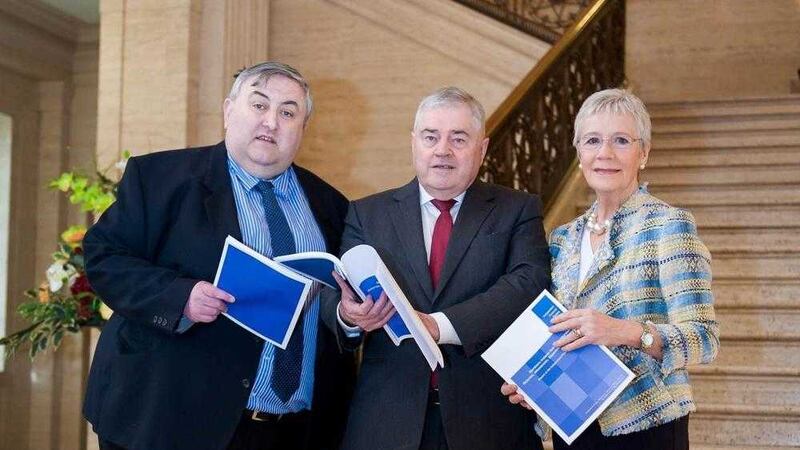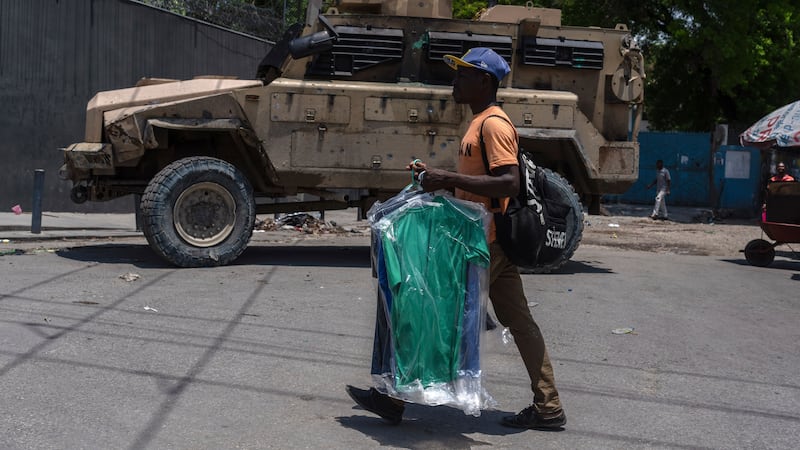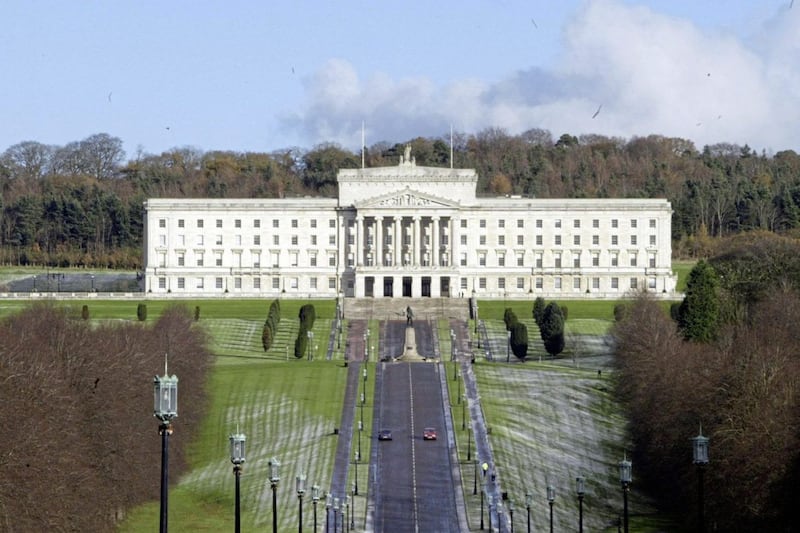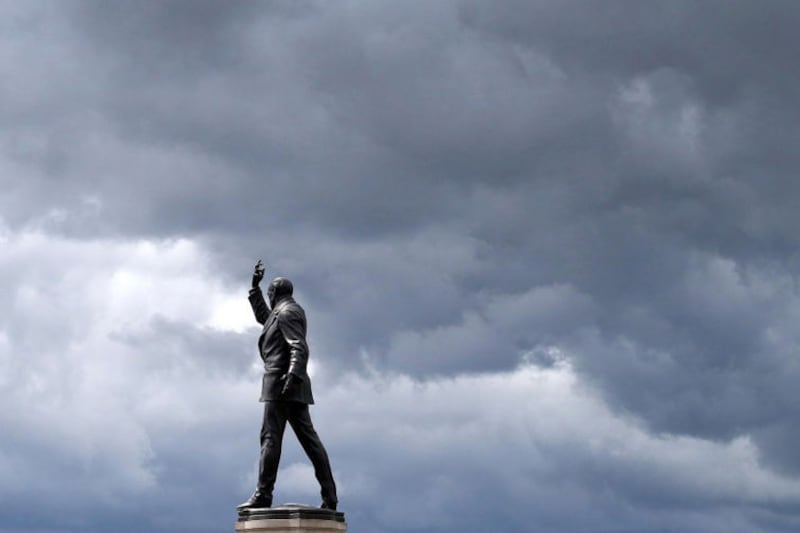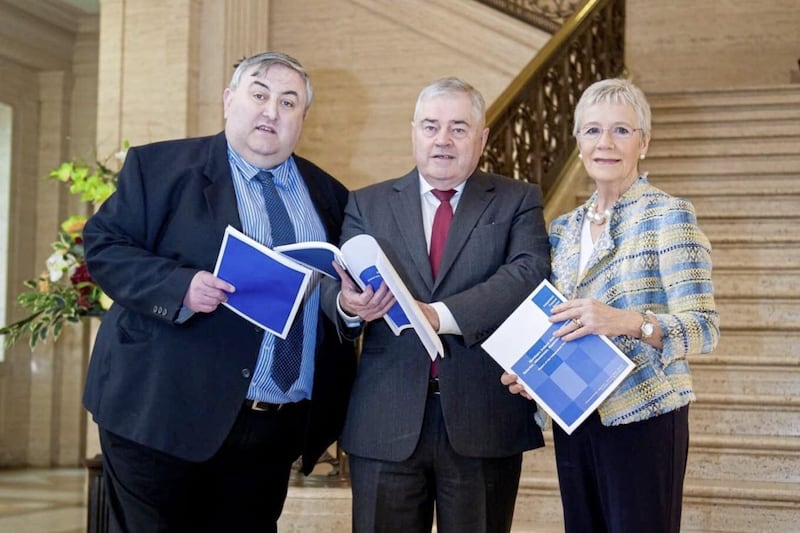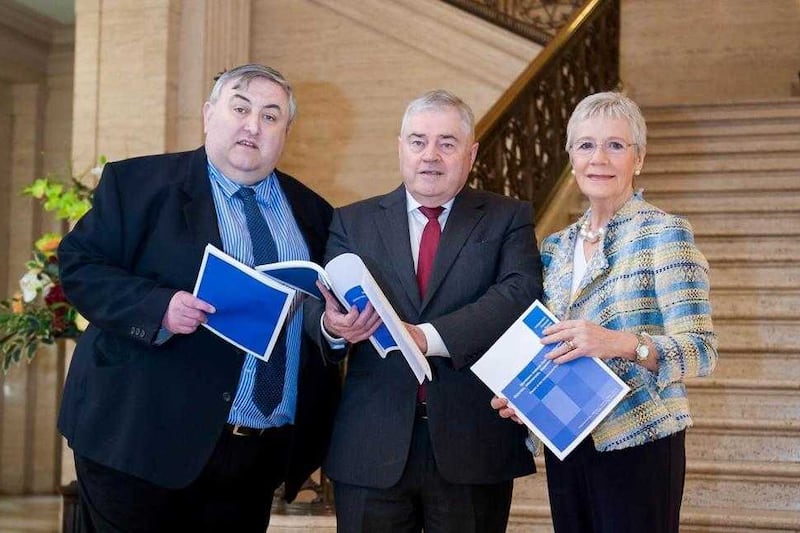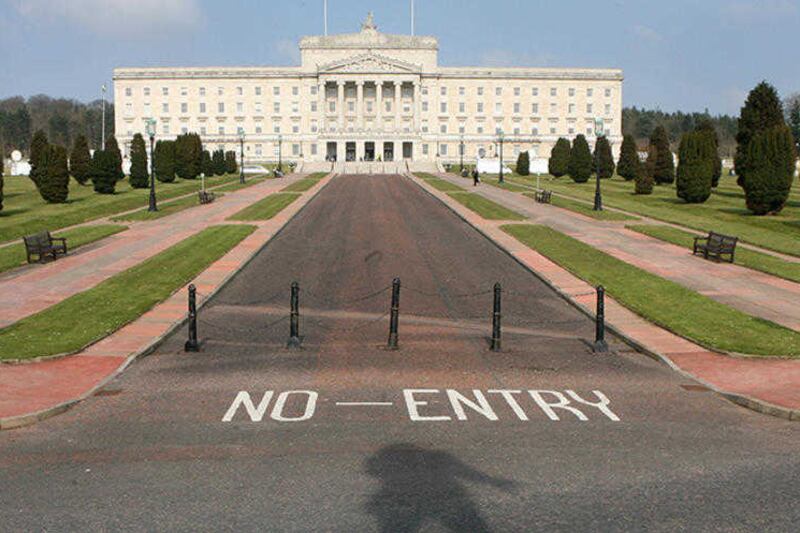A MEMBER of Stormont's now defunct expenses watchdog believes former MLAs should not sit on its successor as it would lead to a "strong conflict of interest".
Former assistant chief constable Alan McQuillan, who was one of three members of the Independent Financial Review Panel (IFRP), argues that the assembly needs a "completely independent" body to oversee party spending.
Chaired by Pat McCartan, the IRFP ceased to exist on July 1 this year after a five-year tenure. Despite discussions over the past 12 months about a replacement watchdog, the Assembly Commission has yet to agree what the new body should look like.
A spokesman for the commission offered no explanation for the delay but said Stormont's administration body was "currently in the process of reviewing the present model of determining and administering financial support for members".
The two options being considered are a set-up that mirrors Westminster's independent expenses watchdog and the Assembly Commission's favoured model of a larger body that would include a number of former MLAs.
But according to Mr McQuillan, putting ex-assembly members on the new panel would be a "very bad idea".
"In my view there needs to be a system that is very independent of the MLAs and I would personally be opposed to having former MLAs involved with the panel as it would create a strong conflict of interest," he told The Irish News.
"I believe it would wrong for two reasons – firstly, the panel determines former MLAs pensions; and secondly, there is a need for the panel to keep its discussions private and not be influenced by party political concerns."
He said the process of creating the IRFP's successor was "stuck" and that this situation was "to the detriment of members and the assembly as a whole".
Mr McQuillan's comments come as it emerged that the assembly will not seek to claw back more than £60,000 in MLAs' expenses where inregularities were identified.
Earlier this year the IRFP highlighted how the Assembly Commission was covering some party's costs for hiring external research firms, even though the practice had been outlawed.
It sparked a row between the panel and the assembly administrators, who are overseen by a committee of cross-party MLAs.
The two sides agreed they had "differences on the interpretation and implementation" of the expenses rules and pledged to work together to resolve the matter.
But a BBC investigation has unearthed a document on the assembly website which reveals how former Stormont chief executive,Trevor Reaney commissioned a review of the payments.
The review concluded that the payments should go-ahead because the MLAs' guidance handbook had not been updated. The assembly's legal advice said that given the circumstances there was no basis for recovering the money.
